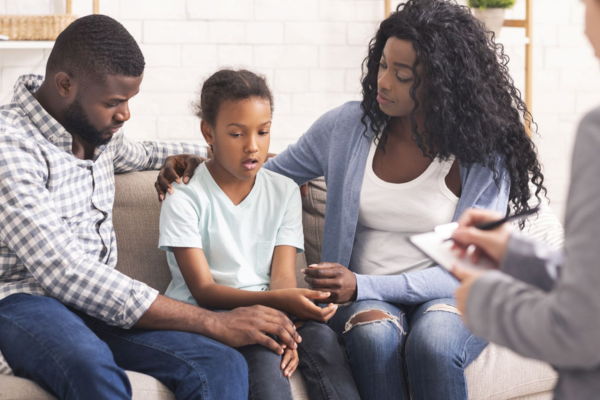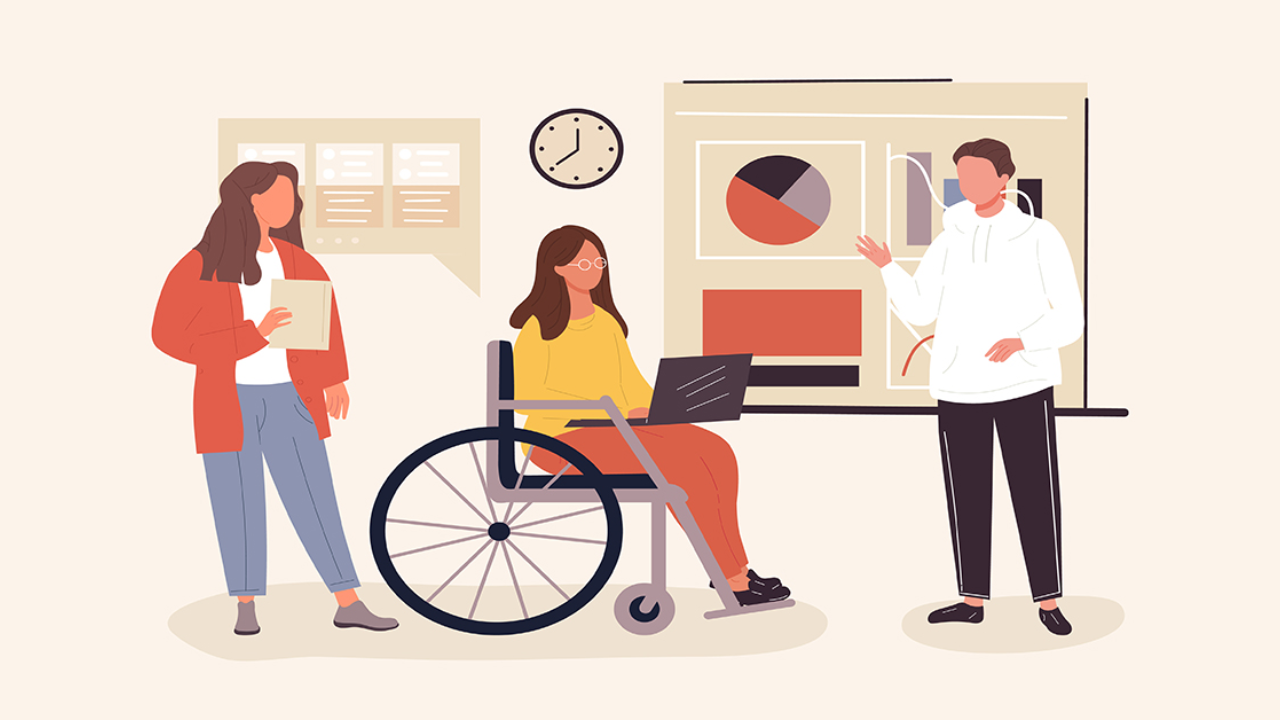Fairfield, Connecticut — if you’ve been here, you know it’s this peaceful coastal town that somehow feels both busy and calm at once.
Moreover, it has great beaches, strong schools, and families everywhere.
So, it’s the kind of place where people really care about their community. But, like anywhere, not everything stays picture-perfect.
Relationships end, families shift, and lately, family court cases around here have gone up a lot — over 2,000 last year alone in Fairfield County.
Nearly half of those went all the way to trial, which says plenty about how tough family matters can get.
That’s where Fairfield divorce legal services step in. Instead of diving straight into court drama, a lot of Fairfield parents try mediation to sort out child custody.
Moreover, it’s a quieter process — less fighting, more talking. So, there’s someone neutral in the room helping you figure out what’s best for your kids, not just what looks fair on paper.
But that doesn’t mean it’s easy. Rather, it’s a whole lot less draining than spending months or years fighting through the court system.
So, if you are wondering how child custody mediation helps in navigating divorce cases, I have got you covered.
In this blog, I am going to explore the diverse aspects of child custody mediation by focusing on its benefits, preparation, legal help, and more.
So, keep reading to know more!
What Are The Benefits Of Child Custody Mediation?
The first big thing? It’s just more human. No judge, no jury, no stiff courtroom. It’s two parents (and a mediator) actually trying to make sense of things.
Everyone gets to speak freely — vent a little, cry a little, whatever. The point isn’t to “win.”
It’s to find something that actually works for your family and doesn’t tear everything apart in the process.
1. Child-Centered Approach
When it’s done right, mediation keeps the focus on the kids.
So, the mediator helps both parents look past the arguing and back toward what the children really need — routines, comfort, stability.
Moreover, you figure out who’s doing drop-offs, who handles bedtime, all those real-life things that matter to your kids more than anything.
Even though it’s not always smooth, when the child’s well-being stays at the center, the rest of it falls into place better than you’d expect.
2. Flexibility And Control
The thing about mediation? You’re in charge. Not some stranger in a robe who’s never met your kids.
So, you get to build an arrangement that actually fits your lives — and adjust it as things change.
Moreover, kids grow fast, and what works one year might not fit the next. So, mediation gives you that flexibility without dragging everyone back to court every time life shifts.
3. Cost-Effectiveness
Let’s be honest — court is expensive. Like, really expensive. Between lawyer fees and waiting months for a court date, it drains people emotionally and financially.
Moreover, mediation cuts all that down. That is, it’s faster, simpler, and usually way cheaper.
So, you save money and, more importantly, energy — energy you can actually spend on your kids instead of paperwork and hearings.
4. Confidentiality
Another big win? Privacy. Court cases go on public record, but mediation stays behind closed doors. What’s said in the room stays in the room.
Moreover, that privacy helps people open up — especially when things are tense. So, it’s easier to be honest when you’re not worried about your personal life being on display.
5. Empowering Parents
Mediation gives parents real control over what happens next. That is, it’s your family, your kids, your decisions. So, when both sides help create the plan, they tend to stick to it more.
Moreover, you learn to cooperate a bit better, too — and that sets a tone your kids can feel.
Additionally, it’s not about pretending everything’s perfect; it’s about showing your children that adults can still work together even when things get messy.
How To Prepare For Child Custody Mediation?
Preparation makes a difference. Go in knowing what matters most for your kids — their school needs, health stuff, their daily rhythm.
So, try not to walk in ready for a fight. Rather, think of it more like problem-solving. Also, be ready to compromise, because no one gets 100% of what they want.
Moreover, the best agreements usually happen when both parents give a little and keep the focus on what’s best for the kids.
Why Should You Choose A Mediator For The Custody Case?
Finding a mediator who really gets family issues is half the battle. Moreover, the right person can calm tense conversations and keep things moving.
So, they’re not there to take sides — more like a guide who helps both parents find middle ground without losing their minds.
Additionally, a good one balances empathy with structure. So, you’ll feel it when you’ve found the right fit.
What Is The Role Of Attorneys In Divorce Mediation?
Attorneys don’t disappear in mediation; they just play a quieter, more supportive role. So, they help make sure everything that’s agreed on actually holds up legally.
Moreover, attorneys guide you through the challenges of custody in divorce mediation. So, both parties can come to a fair conclusion, and both parties’ interests are highlighted.
Sometimes they join in sessions, sometimes they just review the final agreement. But either way, they’re there to make sure no one gets blindsided later and the whole thing is fair and binding.
What Are The Post-Mediation Steps In Divorce Cases?
Once you reach an agreement, it gets written up — simple but important. Then, both parents read it carefully, usually with their lawyers, to make sure it’s all clear and balanced.
Then it goes to the court for approval, so it becomes official. After that, everyone can finally start moving forward with a bit more peace of mind.
Navigating The Child Custody Mediation The Right Way
Even though child custody mediation is not the ultimate solution for navigating divorce cases, it somewhat works. So, it helps in understanding and dividing the custody between the parents.
Moreover, it provides space for the parents to talk, understand, and work things out regarding their children. So, they can avoid getting into chaotic conflicts and smoothly share the custody.
Additionally, the kids benefit from the mediation a lot. That is, they can grow up with more stability without facing issues with divorced parents. And, the families can finally heal without chaos.
Even though it’s not perfect — nothing in divorce ever is — it’s a calmer path through a really hard chapter, and that makes all the difference.
















